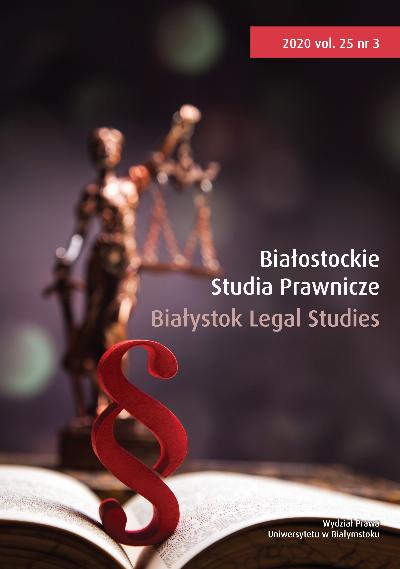Political and Economic Feasibility of Contracted American Liquefied Natural Gas for Energy Security in Poland and the Baltic States – Can the American Government Help?
Political and Economic Feasibility of Contracted American Liquefied Natural Gas for Energy Security in Poland and the Baltic States – Can the American Government Help?
Author(s): Christopher KulanderSubject(s): Politics / Political Sciences, Politics, Economy, Law, Constitution, Jurisprudence, Supranational / Global Economy, Energy and Environmental Studies, International relations/trade
Published by: Temida 2
Keywords: energy; LNG; natural gas; Russia; Poland; Lithuania
Summary/Abstract: At the heart of the European Union (“EU”) energy policy is energy security. Energy security is maintained, in part, by a diversification of supply. Despite the fact that the EU has prioritized diversification, its dependency on Russian natural gas has increased in recent years. Contemporaneously, the politicalrelationship between the EU and Russia has worsened. Construction of NordStream 2(“NS2”) will further establish Russia as the dominant supplier of natural gas to the EU while lessening the diversification of its energy supply. To further the EU’s stated goals of energy diversification and security, another steady source of natural gas imports for the countries along the Baltic Sea is needed. LNG importation assets in Poland and the Baltic states exist for this purpose. Unlike other EU members, these countries have demonstrated the economic and political will to curb the coercive influence of Russian natural gas imports. America is awash in natural gas, with plenty for export and can sendincreasing volumes of LNG worldwide. In contrast to other sources, America is well located to supply Europe with secure LNG, and its importation should be a shared goal of the EU and America. Despite the desire of some American statesmen to use the “shale gas revolution” to further U.S. geopolitical goals; however, the U.S. hydrocarbon industry (unlike in Russia) is overwhelmingly controlled by private landowners and industry. The goal oft he American, Polish, and the Balticstates should therefore be narrowly focusedon establishing free trade agreements and the encouragement of longer-term contractual relationships between America and Poland and the Baltic states.
Journal: Białostockie Studia Prawnicze
- Issue Year: 3/2020
- Issue No: 25
- Page Range: 55-67
- Page Count: 13
- Language: English

